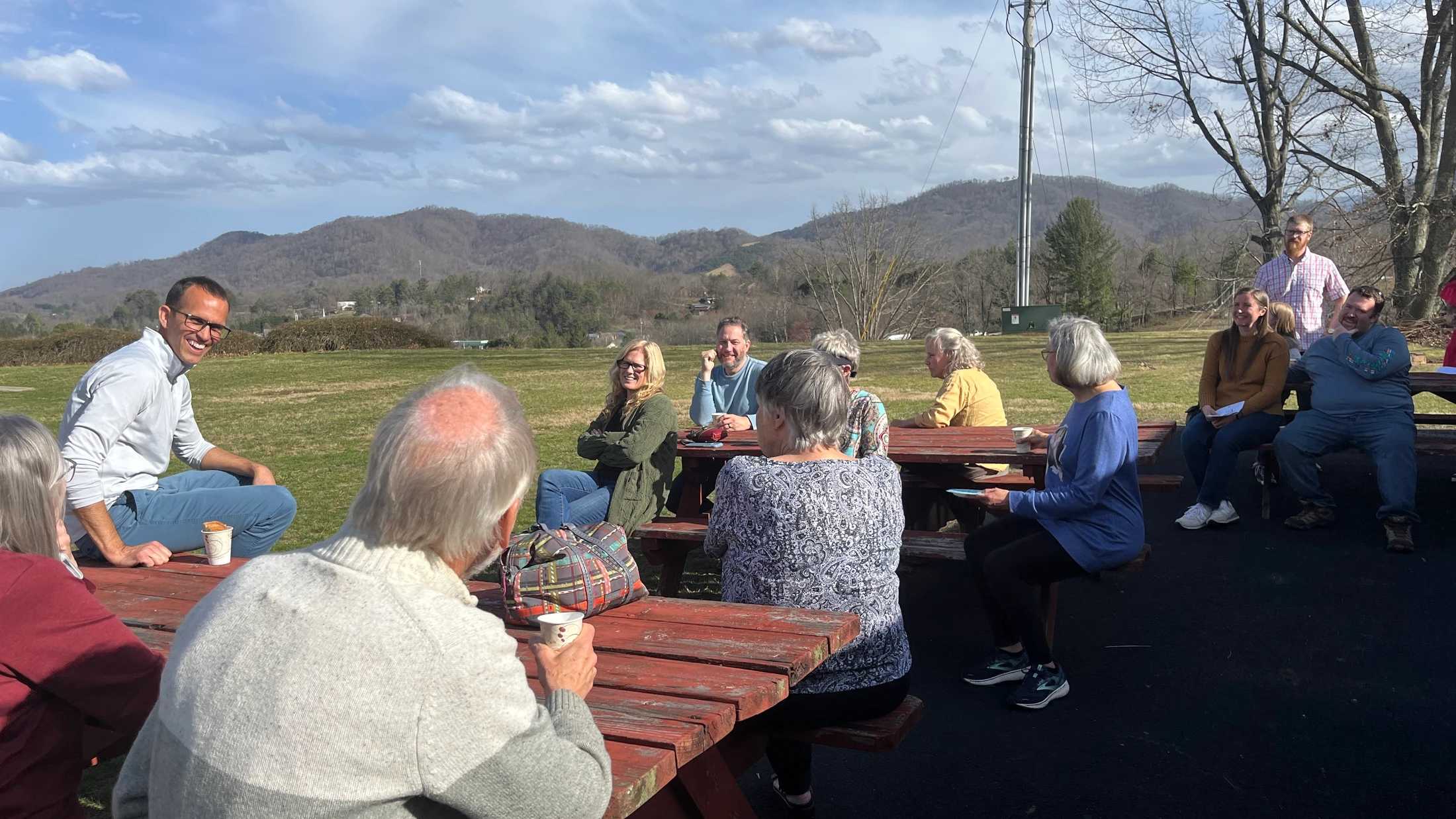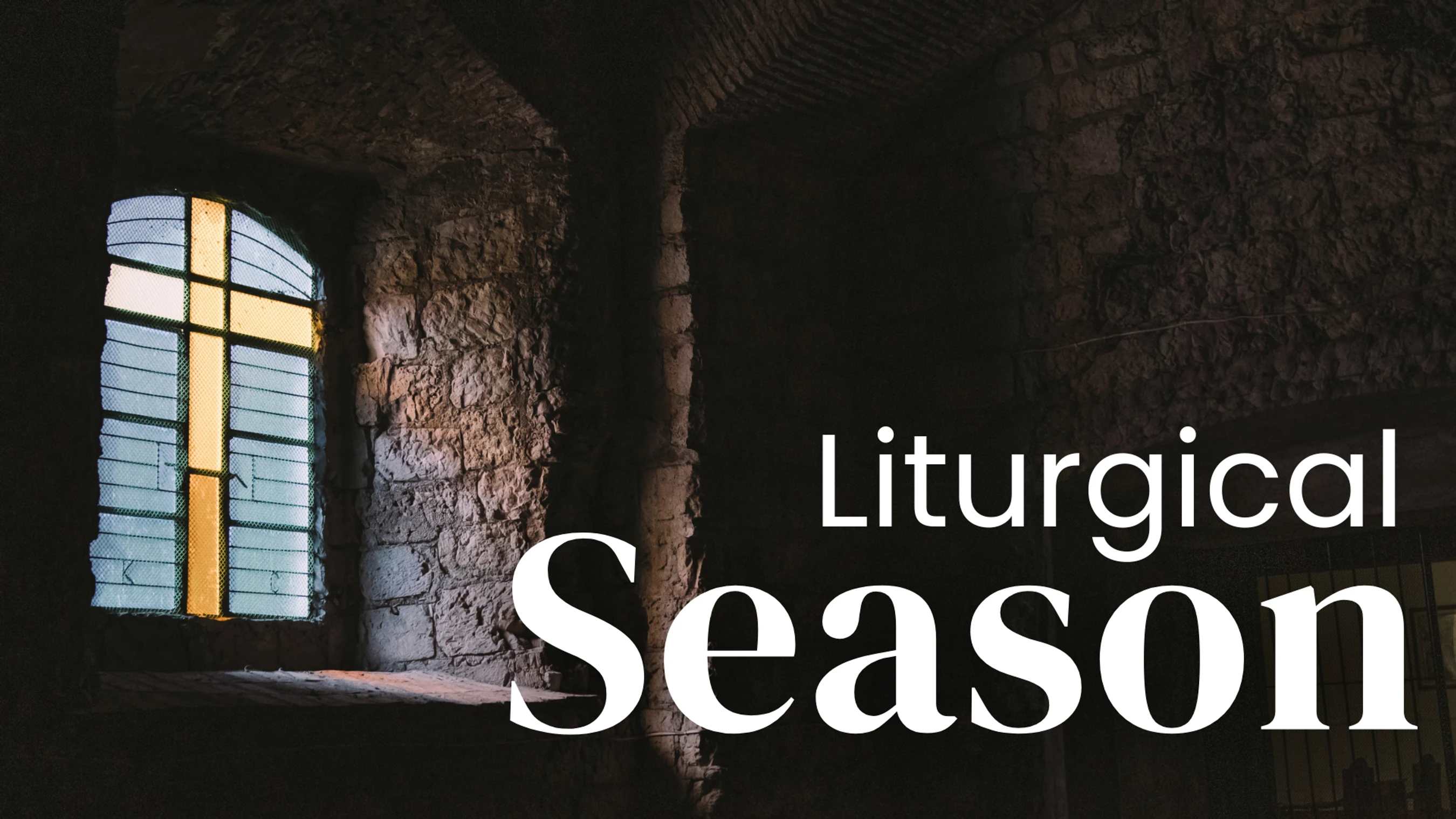The Vine
Anglican Church





Fear not, love all.
(1 John 4:18)
The Vine is an intergenerational worshipping community in and for Haywood County. We are following Jesus on a journey of hope from our brokenness toward healing, wholeness, and restoration through the ancient rhythms and practices of the Christian faith.
Our church meets in Clyde, North Carolina in Haywood County, between Waynesville and Canton.
The Season of Epiphany
After anticipating the Light during Advent and welcoming Him at Christmas, now we celebrate Epiphany and that the Light will go forth to the ends of the earth. As Christ’s light converts us, it also sends us outward to the nations. In other words, Epiphany starts with manifestation and ends with mission. We are invited to reflect on the manifestation of God’s glory in the person of Jesus. It is a season that draws us more deeply into His life and light, and that sends us more fully into mission.
Visit Us
Subscribe
Stay updated about upcoming events and updates, including our latest blog posts.



